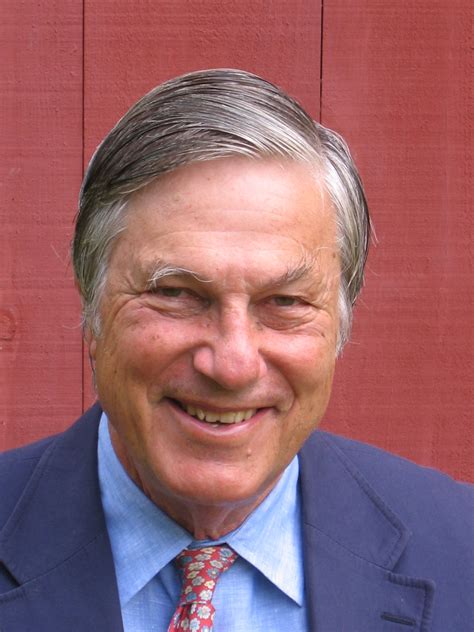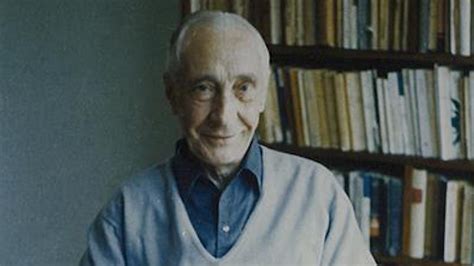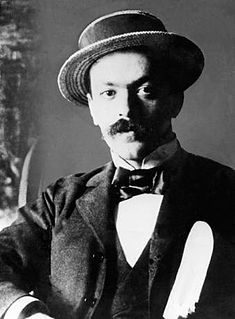A Quote by George Vaillant
Our lives become the sum of all whom we have loved. It is important not to waste anyone. One task of living out the last half of life is excavating and recovering all of those whom we loved in the first half. Thus, the recovery of lost loves becomes an important way in which the past affects the present.
Related Quotes
All the delights of sense, or heart, or intellect, with which you could once have tempted him, even the delights of virtue itself, now seem to him in comparison but as the half nauseous attractions of a raddled harlot would seem to a man who hears that his true beloved whom he has loved all his life and whom he had believed to be dead is alive and even now at his door.
For I wondered that others, subject to death, did live, since he whom I loved, as if he should never die, was dead; and I wondered yet more that myself, who was to him a second self, could live, he being dead. Well said one of his friend, "Thou half of my soul"; for I felt that my soul and his soul were "one soul in two bodies": and therefore was my life a horror to me, because I would not live halved. And therefore perchance I feared to die, lest he whom I had much loved should die wholly.
It is so important to remember that, as we travel through life, there will be so many events which we can`t control. These are things that seemingly alter our lives forever or become barriers for living a life of fulfillment. It`s important to remember that the ultimate experience of life is not to be controlled by events. We all have difficult events in our lives - the loss of family members, economics, stress, litigation, government interference in our businesses, health challenges. Remember that it is not the events that shape our lives, but, rather, the meaning we attach to them.
My concern today is with the painting of manners of the present. The past is interesting not only by reason of the beauty which could be distilled from it by those artists for whom it was the present, but also precisely because it is the past, for its historical value. It is the same with the present. The pleasure which we derive from the representation of the present is due not only to the beauty with which it can be invested, but also to its essential quality of being present
He that outlives a wife whom he has long loved, sees himself disjoined from the only mind that has the same hopes, and fears, and interest; from the only companion with whom he has shared much good and evil; and with whom he could set his mind at liberty, to retrace the past or anticipate the future. The continuity of being is lacerated; the settled course of sentiment and action is stopped; and life stands suspended and motionless.
It is astounding to me, and achingly sad, that with eighty thousand people on the waiting list for donated hearts and livers and kidneys, with sixteen a day dying there on that list, that more then half of the people in the position H's family was in will say no, will choose to burn those organs or let them rot. We abide the surgeon's scalpel to save our own lives, out loved ones' lives, but not to save a stranger's life. H has no heart, but heartless is the last thing you'd call her.
One of the big ways in which I felt my own writing life shaped by recovery had to do with my relationship to other people's stories. And one of the things I loved most about recovery was the way in which, in meetings and through fellowship, you are constantly kind of paying attention to lives outside of your own.
I have been a lucky man. To feel the intimacy of brothers is a marvelous thing in life. To feel the love of people whom we love is a fire that feeds our life. But to feel the affection that comes from those whom we do not know, from those unknown to us, who are watching over our sleep and solitude, over our dangers and our weaknesses – that is something still greater and more beautiful because it widens out the boundaries of our being, and unites all living things.
































